Copies of copyrighted materials are placed on reserve by the library with the assumptions that they have been made in compliance with fair use provisions, and that they are copyright compliant.
The Library Reserves are set up to provide students with readings and other materials that support the instructional requirements of specific courses in compliance with Section 107 of the Copyright Act on Fair Use. According to Section 107, the following guidelines help to determine fair use:
The purpose and character of the use, including whether such use is of a commercial nature or is for nonprofit educational purposes
The nature of the copyrighted work
The amount and substantiality of the portion used in relation to the copyrighted work as a whole
The effect of the use upon the potential market for or value of the copyrighted work. The fact that a work is unpublished shall not itself bar a finding of fair use if such finding is made upon consideration of all the above factors
For complete information on Copyright for media items please visit the U.S. Copyright Office or take the Crash Course in Copyright.
Instructors may place the following on reserve without obtaining copyright permission:
Personal commercial DVDs/videos
Library-owned DVDs/videos
Rental DVDs/videos
Videos of classroom activities
Compact disks and commercially produced cassettes
If instructors do not wish to use their own personal (legally acquired) copies, the library suggests that they request the video/audio material to be purchased by the Library.
Materials which may be placed on reserve for one term without obtaining copyright permission include:
A single photocopy of a chapter from one book
A single photocopy of an article from one journal, magazine or newspaper
A short story, an essay or a short poem
A chart, a graph, a diagram, a drawing, a cartoon or a picture from a book, magazine or newspaper
Under Fair Use guidelines, you must write for copyright permission when:
A journal article is needed on reserve for more than one term
Multiple articles from one magazine/journal are needed on reserve
One book chapter is needed on reserve for more than one term.
Multiple chapters from one book are needed on reserve
Photocopies of all or part of commercially published study guides, answer keys, workbooks, or solutions manuals are needed on reserve
Note: Student work from current or past terms is protected under federal law, FERPA (Family Educational Right to Privacy Act), and college policy. Instructors who place on reserve originals or copies of student work, including video or audio cassettes of student performances, with personally identifying material on them (e.g.; names, grades, images), must secure a written permission from that student. If the name, grade, or image appears on the work, instructors should document that the student has been made aware of this before he/she signed the permission statement.


